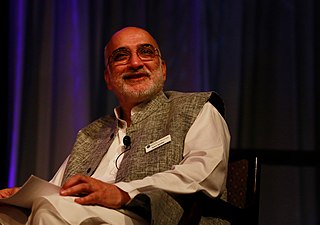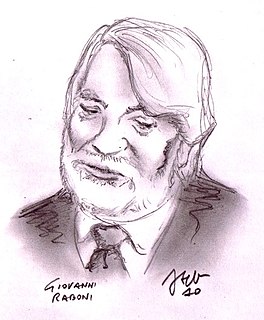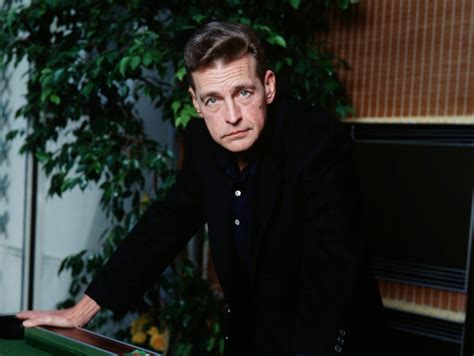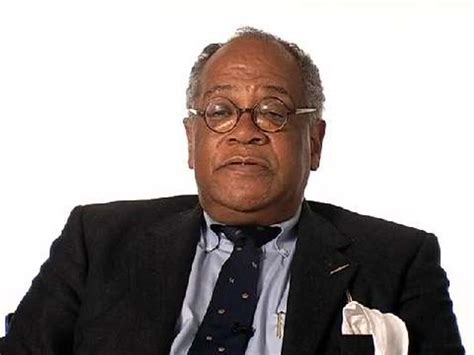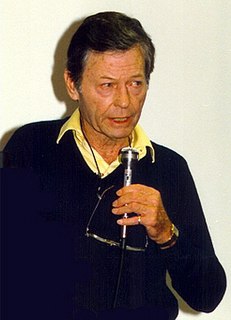A Quote by Frank O'Hara
I dislike a great deal of contemporary poetry - all of the past you read is usually quite great - but it is a useful thorn to have in one's side.
Related Quotes
There's a great freedom of forms and intonations in Luigi Fontanella's poetry. He doesn't take a strong formal stand; his poetry entertains moments of nearly proselike colloquial narrative along with moments of powerful lyrical tension. There is a movement of extremes, from powerful tonality to near atonality, and I like this a great deal; it's a stance that very effectively catches the spirit that makes work in poetry possible nowadays.
I wasn't all that attracted to writing originally. I read a great deal. My parents read a great deal. I do know that as my interest in tennis waned, my interest in academics increased. I mean, I started doing my homework in high school and discovering that it was somewhat fun. And then in college I barely even played on the team because just classes were much more interesting.
I don't want to give the impression that I'm a great Bible reader. I don't sit down every day and read for an hour through the Bible. But I really do read it with a great deal of pleasure... which is the last thing I would have suspected. So I read it sometimes as a devotional, but really more, not for fun, but because it's fascinating.




